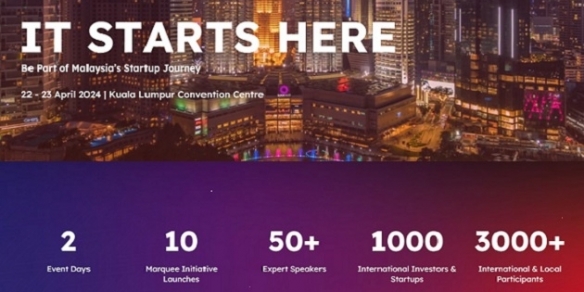In SEA, laptops and tablets see uptrend in sales: GfK
By Digital News Asia July 23, 2013
- Last 12 months sees 32% jump in volume sales across 6 markets, with Philippines enjoying 322% boost in tablet uptake
- GfK anticipates a more vibrant and competitive marketplace

According to research firm GfK, South-East Asia’s Internet infrastructure has improved by leaps and bounds, spurring the increasingly connected society to seek gratification for instant connectivity via portable devices such as tablets and laptops.
Gerard Tan (pic), account director for Digital Technology at GfK Asia noted that consumers in the region’s developing markets are eager to get their hands on the latest tablets and laptops, which spurred the overall market’s strong double digit growth rate in the range of 11 to 54%.
“However, it is mainly the tablet market which has been the key growth propeller with four of the six countries reporting more than twofold incremental sales volume,” he added.
Both the laptop and tablet markets reported sales surge in this region albeit at significantly differing level of growth.
Although laptops continued to make up more than half the combined sales volume at 57%, the segment’s growth rate for South-East Asia stood at 4%; whereas the fast growing tablet segment doubled in volume demand (101%) in the June 2012 to May 2013 period compared to this same period the year before.
Indonesia is the largest tablet market accounting for nearly 1.3 million units or over a third of total tablet sales volume in the region with consumers here snapping up one in every three units of all tablets sold across the six markets.
Compared to the previous year, demand for tablets in the country surged by 141% in the latest one-year period.
However, the most robust market appears to be the Philippines where tablet take up rate in the last 12 months grew over fourfold, at 322%. Nearly 455,000 of this device flew off the shelves in June 2012 to May 2013.
“It is worth highlighting that cost of tablets in all of the markets have dipped significantly over the past year, averaging at around 27% throughout the region,” said Tan.
“Not surprisingly, the competitive marketplace is inundated with countless international and local brands and models, 180 brands across South-East Asia last year to be precise, giving consumers wide variety of options that can suit any type of budget,” he added.
For instance, Indonesia and Thailand carry over 60 tablet brands in their respective local markets, availing consumers in the country around 300 and 240 models to choose from. Not surprising, prices of tablets are also lowest here, selling at an average price of US$357 and US$408 respectively.
On the other hand, in Singapore where there are only around 29 brands, average tablet price was highest last year at US$525.
Meanwhile laptop sales continued to surge in Indonesia and Thailand by 17% and 16% respectively, while Philippines and Singapore fell into the negative growth range.
Tan said that laptops are definitely facing stiff competition from tablets as they present a possibly more inexpensive and comparable option for consumers seeking a slightly larger portable smart device with stronger capabilities than smartphones.
“However, laptops have their own unique functions and are able to perform tasks which tablets may not be able to, so both products have their own unique space in the market,” he added.
Moving forward, Tan said a more vibrant and competitive marketplace “can be anticipated” as manufacturers of both products come out with newer and more innovative features to vie for the consumer dollar.
Related Stories:
Tablet market in Malaysia grew 61% in first 5mths: GfK
SEA device market grows 12% in value and 26% in volume
For more technology news and the latest updates, follow @dnewsasia on Twitter or Like us on Facebook.


